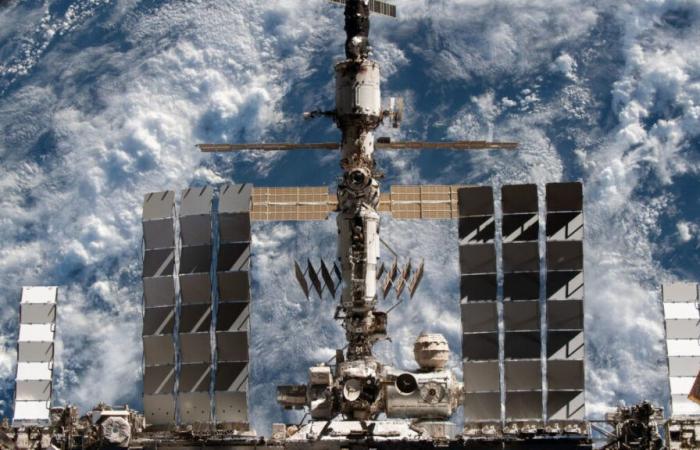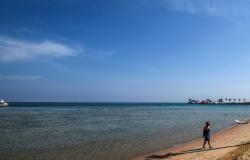A surprising event shakes the International Space Station
Last Saturday, a Progress 90 cargo ship, sent by the Russian space agency Roscosmos, docked with the Poisk module of the International Space Station (ISS) to deliver nearly three tons of food, equipment and fuel. However, opening the hatch revealed an unexpected detail: an unusual odor and suspicious droplets were detected, triggering a series of precautionary measures.
A suspicious smell and immediate action
According to NASA, Russian cosmonauts immediately closed the hatch connecting the Poisk module to the rest of the Russian segment of the ISS. Air quality tests were carried out, without revealing any worrying data. Despite these assurances, the incident attracted attention due to the safety measures taken: crew members used protective equipment and initiated an air purification protocol.
The exact nature of this smell remains undetermined, although some sources, notably Ars Technicareport that it could have toxic characteristics. One description likens it to that of a “bomb paint spray,” a detail that could indicate the presence of volatile organic compounds (VOCs).
A recurring phenomenon on Russian cargo ships
This is not the first time that technical incidents have affected the Russian Progress or Soyuz spacecraft. In February 2023, a Progress cargo ship suffered a loss of pressure in its external cooling system. A few months earlier, in December 2022, a coolant leak in the Soyuz MS-22 capsule led to the cancellation of the return to Earth of three astronauts, extending their mission by several months.
These events raise questions about the reliability of Russian machines in an environment where every detail can become critical.
What the experts say: Why these odors are concerning
In a closed environment like that of the ISS, air quality is a vital issue. Chemical contamination can have immediate effects on the health of astronauts, such as respiratory irritation, headaches or nausea, according to studies from the National Academies Press. Volatile organic compounds, for example, are often responsible for strong odors and are closely monitored on board.
An alert without major consequences?
For now, NASA assures that the incident is under control and that all operations are proceeding normally. However, the origin of the odor and the droplets observed remains to be clarified. This type of incident is a reminder of the ongoing technical challenges faced by space agencies in maintaining security aboard the orbital station.
With this episode, eyes are turning again to international cooperation and the rigor necessary to guarantee the viability of space missions. If the incident seems minor, it raises questions about risk prevention in space, where anticipation remains the key to survival.
Scientific sources:
- National Academies Press, Safe on Orbit: Managing Air Quality in Spacecraft2010.
- European Space Agency (ESA), Air Monitoring on the ISS2021.
- NASA, Environmental Control and Life Support Systems Overview2022.






